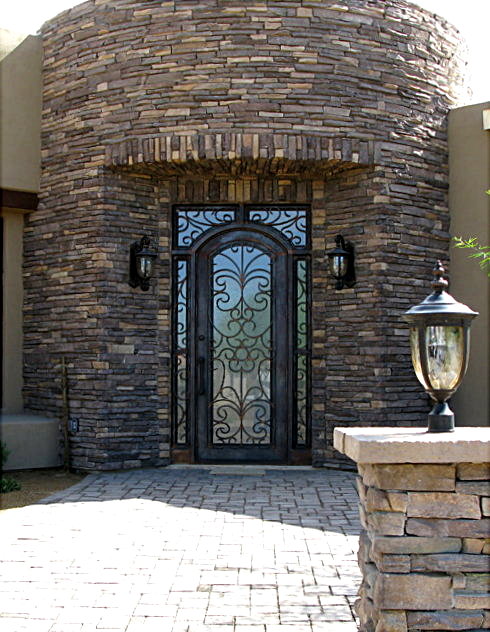Decide how much home you can afford
Generally, you can afford a home priced 2 to 3 times your gross income. Remember to consider costs every homeowner must cover: property taxes, insurance, maintenance, utilities, mortgage insurance and community association fees, if applicable, as well as costs specific to your family, such as day care if you plan to have children.
Develop your home wish list
Be honest about which features you must have and which you’d like to have. Handicap accessibility for an aging parent or special needs child is a must. Granite countertops and stainless steel appliances are in the bonus category. Come up with your top-five must haves and top-five wants to help you focus your search and make a logical, rather than emotional, choice when home shopping.
Select where you want to live
Make a list of your top-five community priorities, such as commute time, schools, and recreational facilities. Identify three to four target neighborhoods based on your priorities.
Get your credit in order
A credit report details your borrowing history, including any late payments and bad debts, and typically includes a credit score. Lenders lean heavily on your credit report and credit score in determining whether, how much, and at what interest rate to lend for a home. Most require a minimum credit score of 620 for a home mortgage. If your credit score isn’t up to snuff, the easiest ways to improve it are to pay every bill on time and pay down high credit card debt.
Get pre-qualified
Meet with a lender to get a pre-qualification letter that says how much house you’re qualified to buy. Start gathering the paperwork your lender says it needs. Most want to see W-2 forms verifying your employment and income, copies of paycheck stubs, and two to four months of banking statements. If you’re self-employed, you’ll need your current profit and loss statement, a current balance sheet, and personal and business income tax returns for the previous two years.
Ask about all the costs before you sign
IF YOU'RE PURCHASING A FIXER-UPPER
Decide what you can do yourself
Some tasks, like stripping wallpaper and painting, are relatively easy. Others, like electrical work, can be dangerous. Do you really have the time, skills, and desire to do the repairs?
Price the cost of repairs and remodeling before you make an offer
Get your contractor into the house so he can give you a written cost estimate. If you’re doing the work yourself, price the supplies. Either way, you should tack on 10%-20% to cover unforeseen problems that may arise.
Check the costs for permits
Find out if the work you’ll be doing requires a permit and how much the permit will cost. Doing work without a permit may cause you problems when you want to sell the home. Getting permits can be time-consuming and frustrating. Factor the time and aggravation of permits into your plans if applicable.
Double-check pricing on structural work
If the home needs structural work, hire a structural engineer to inspect the home before you put in an offer. Don't purchase a home that needs major structural work unless you’re getting it at a steep discount.
Calculate your offer
Take the fair market value of the property and subtract the upgrade and repair costs. You should also allow for another 10% of the purchase price for sweat equity and potential changes in market value depending on the circumstances.
THE 10-DAY INSPECTION PERIOD
All offers should be contingent upon a 10-day inspection period in order to allow the time for a professional home inspection and any other inspections you deem necessary to confirm you are purchasing the home at a price that makes sense. Most home inspection contingencies let you go back to the sellers and ask them to do the repairs, or give you cash at closing to pay for the repairs. The seller can also opt to simply back out of the deal, as can you, if the inspections turn up something unexpected. If that happens, this isn’t the right house for you. Go back to the top of this list and start again.







